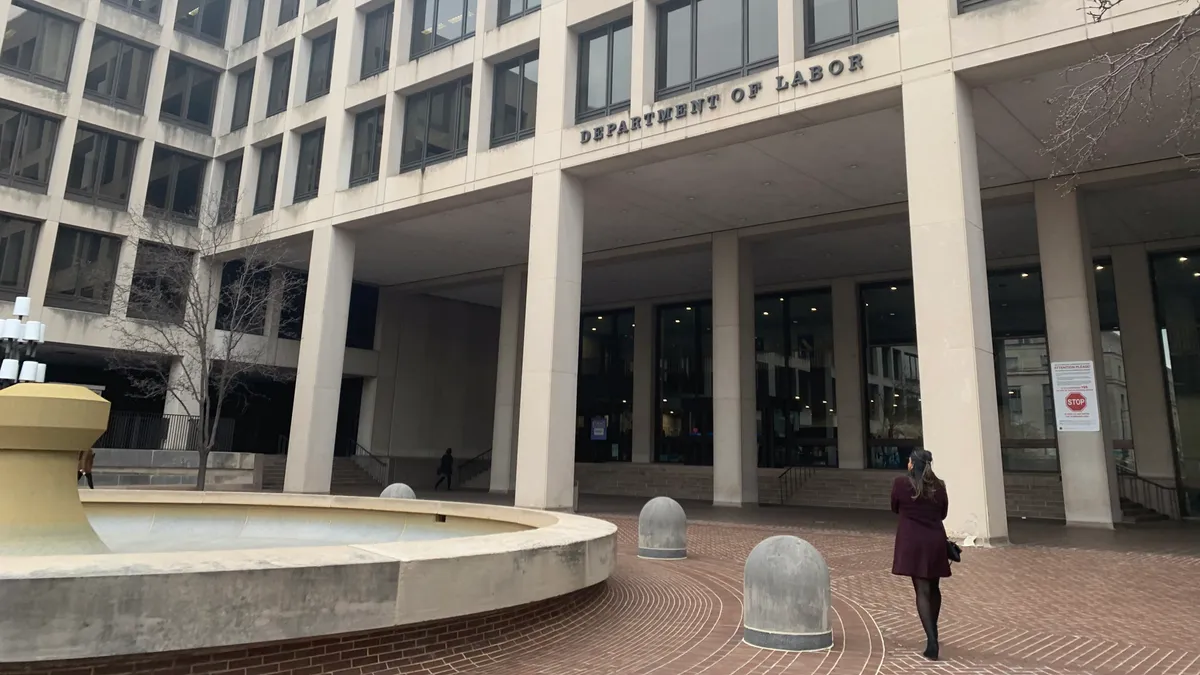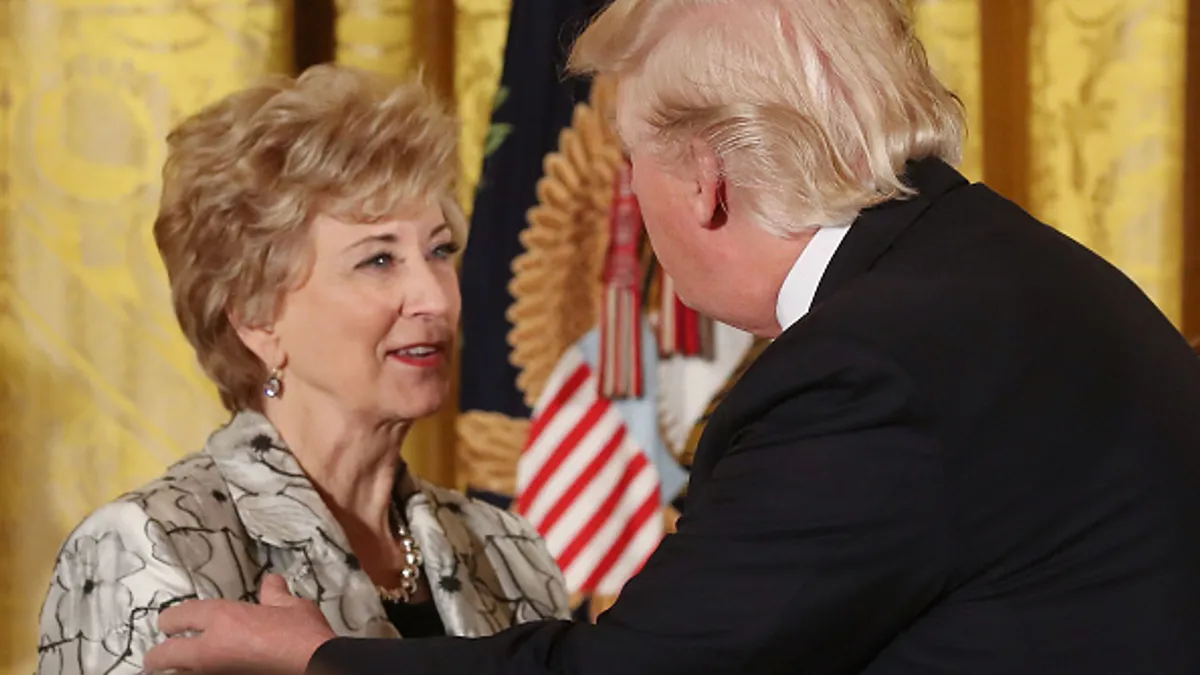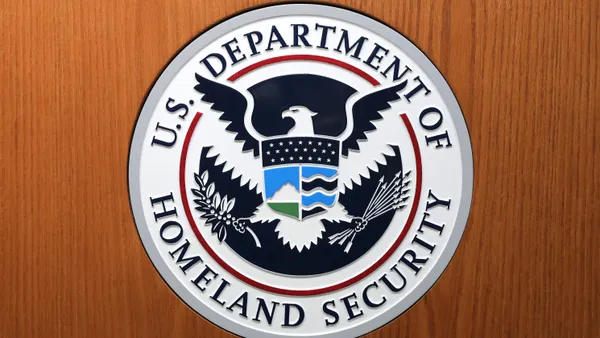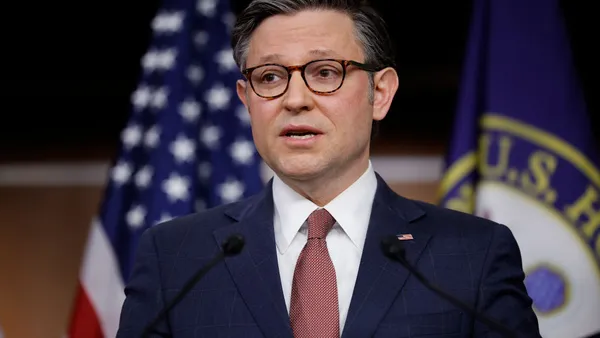Dive Brief:
- More Americans believe a four-year degree is not worth the financial cost, according to a CNBC All-American Economic Survey, which found the number had increased to 44% from about 40% five years ago.
- The survey also found that fewer felt a four-year college degree was the best type of training, down to about 50% from nearly 60%. About 60% of Democrats favor a bachelor's degree and 40% of Republicans.
- The survey additionally found that more people believe two-year schools may be of greater value. The biggest increase was seen for trade schools, which 26% of Americans felt were a good value, compared to 18% in 2013.
Dive Insight:
The survey is in line with other reports suggesting that Americans are increasingly questioning the value of a four-year college degree. Another report showed that Americans are about evenly split on the question, with 65% of working-class people believing a bachelor's degree isn’t worth the money, up about 15% from five years ago. Educators have a variety of arguments showing the value of higher education, but some believe it has become a partisan issue.
At the same time, more high school students, 80%, report that they are concerned about having job skills when they graduate, according to a recent report from the College Savings Foundation, which also found that an increasing number are considering technical schools and community colleges. A Gallup poll showed only 53% of college students believe their major will lead them to a good job.
The Atlantic recently reported that some experts believe employers have inflated the value of a four-year degree by requiring it for jobs where it isn’t necessary. Harvard researchers found that about 70% of job postings for production supervisors asked for a bachelor’s degree though only 16% of employees in those positions had one.
Colleges are more often providing prospective students and their families data about the success of their graduates, and claiming that estimates of college debt and the failure of college graduate to find jobs have been inflated. Two books published last year also paint a brighter future. "Demographics and the Demand for Higher Education," by Nathan Grawe, a professor of economics at Carleton University, focuses on new projections about enrollment patterns and ways colleges can adapt and move forward. Meanwhile, William and Mary University economics professors Robert Archibald and David Feldman, in their book "The Road Ahead for America’s Colleges and Universities," use detailed research and analysis about everything from the prospects for online learning to the significance of counseling and sports to show how the traditional college campus in many cases could look the same in the future.













